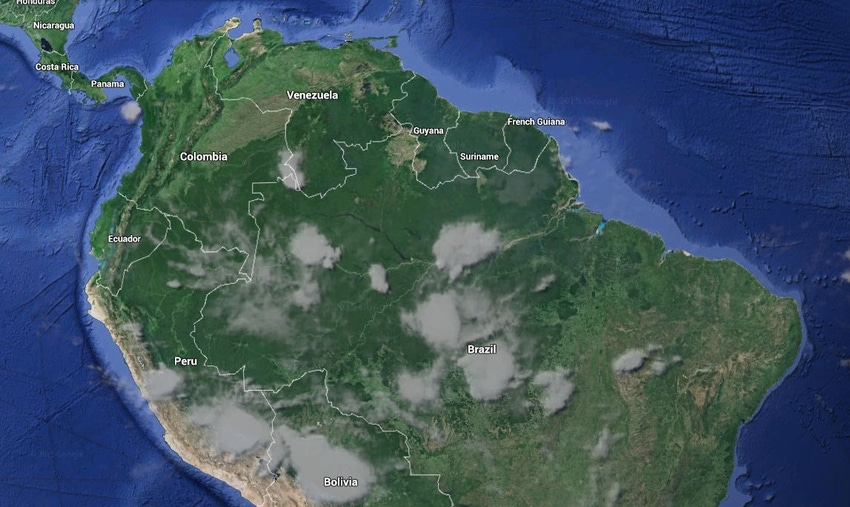Telefonica, Entel and KKR ink Peru fibre deal
Telefonica and Entel will bring together their fibre infrastructure in Peru and sell a majority stake in the resulting entity to KKR, which will then plough additional cash into network expansion.
July 7, 2023

Telefonica and Entel will bring together their fibre infrastructure in Peru and sell a majority stake in the resulting entity to KKR, which will then plough additional cash into network expansion.
Under the terms of the agreement, Entel and Telefonica’s Peruvian fibre networks, including those held under Telefonica’s PangeaCo investment vehicle, will be combined into an independent company controlled by KKR.
The investment group will hold a 54% controlling stake in the new entity, which will be known as ON*NET Fibra de Perú, while Telefónica Hispanoamérica, the Spanish incumbent’s South and Central American business, will own 36% and Entel Peru 10%.
It’s a deal – or indeed series of deals – that has likely been some time in the making. Telefonica recently talked up its “successful sharing models” in Chile and Colombia, having spun off its fibre businesses in both markets and sold 60% stakes in each to KKR in the past couple of years. Naturally, the industry expected a similar move in Peru, and KKR was always going to be in the running to take control of any venture. Further, in October last year, when Entel sold its Chilean fibre business to the Telefonica/KKR joint venture, we speculated that the telcos could replicate that plan in Peru.
And here we are.
It’s a slightly different model, in that Entel retains a shareholding in the new entity, whereas in Chile its presence is restricted to that of a retail player using the network. The Chile deal was due to close in the first half of this year, incidentally, but to date there has been no announcement. However, despite the joint ownership element, the Peru transaction follows essentially the same pattern to fibre deals we have seen elsewhere.
The newly-created company will operate an independent, open access wholesale fibre network, whose remit is to spread high-speed connectivity across the country. Its goal to pass 5.2 million homes in 86 provinces by the end of 2026, up from 2 million at present.
To help the company hit its target, KKR will invest US$200 million into the network. Interestingly, the investment did not disclose how much it will pay for its stake in the new company, but we can perhaps take a guess.
When Telefonica first sold a stake in its Chilean fibre business to KKR it had a footprint of 2.4 million homes passed. The deal valued the entire business at $1 billion. The Colombian fibre business that KKR bought into was valued at half that amount and just over half the footprint:1.2 million homes. Admittedly, the Colombia deal was inked two years ago and Chile even longer ago, and a fair bit has changed in the economic situation in that time. However, we can get a sense of the scale of spend we might be looking at.
Speaking of which, KKR is keen to share the progress made by those Chilean and Colombian ventures. ON*NET Fibra de Chile passed 3.7 million homes as of the end of 2022, while ON*NET Fibra de Colombia had doubled the number of homes passed to 2.4 million, it said, adding that both have attracted multiple ISP customers.
That surely bodes well for the new venture’s aims in Peru, where at present around 88% of households have mobile or fixed internet service, but less than 35% have access to high-speed fibre networks, KKR said, citing data from regulator OSIPTEL and Omdia.
It should also help smooth the regulatory process. The deal needs a number of approvals, including that of Peruvian antitrust agency INDECOPI, but it’s hard to foresee any major difficulties, given that this is an established model across the region and one that seems to be working.
Get the latest news straight to your inbox. Register for the Telecoms.com newsletter here.
About the Author(s)
You May Also Like











_1.jpg?width=300&auto=webp&quality=80&disable=upscale)


.png?width=800&auto=webp&quality=80&disable=upscale)